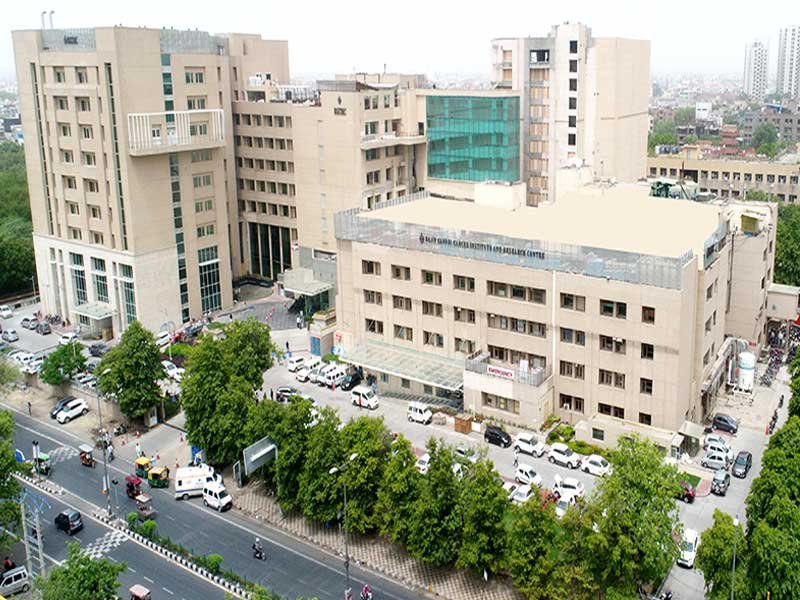Home Treatments Radiation Oncology
Radiantion oncology is a potential medical profession, if you have cancer. In this branch of medicine, cancer cells are killed by "radiation therapy"—a procedure that directs high-energy waves at your body.Depending on the type and stage of your cancer as well as any other medical concerns you may have, your doctor will determine if it's the best course of action for you.
Radiation therapy for the treatment of cancer is a specialty of these doctors. The administration of radiation therapy is supervised by a radiation oncologist. The treatment strategy is developed in close collaboration with the other team members.
One of the following forms of radiation therapy might be recommended by your doctor:
Therapy using an external radiation beam: Wherever your cancer resides, radiation is directed by a machine outside of your body. A particular area of your body can be targeted by the device by directing the radiation from various angles as it moves around you. It won't get near you.
Radiation treatment administered internally: The radiation source is injected into your body by the doctor. The term "brachytherapy," a form of internal radiation therapy, may be recommended by your doctor. In this treatment, the radiation source is contained in a capsule or other implantable object. Doctors frequently insert the implant into or close to your malignancy using an applicator or a thin, flexible catheter tube. A few minutes, a few days, or even longer could pass before the radiation source leaves your body.
External beam:
Internal beam:
Conclusion:
With continued work to develop new radiation treatment modes and techniques that continue to increase cancer patients' chances of survival and quality of life, radiation therapy is still a crucial component of the fight against cancer. Radiation therapy-related toxicities are of particular concern now that clinical results for cancer treatment have improved. Through dose fractionation and conformal radiation treatments, the development of mechanistic biology studies and advancements in radiation technology have enhanced the sparing of healthy cells and tissues. In order to further increase the radiation treatment's therapeutic ratio, radiation is also given in conjunction with molecular targeted therapy.

Beds: 539
New Delhi

Beds: 230
New Delhi

Beds: 710
New Delhi

Beds: 650
New Delhi

Beds: 191
New Delhi

Beds: 310
New Delhi

Beds: 299
Gurugram

Beds: 380
New Delhi

Beds: 402
New Delhi

Beds: 1300+
Gurugram

Beds: 1000
New Delhi

Beds: 500
New Delhi

Beds: 450
Faridabad

Beds: 675
New Delhi

Beds: 500
New Delhi

Beds: 400+
Faridabad

Beds: 106
New Delhi

Beds: 495
New Delhi

Beds: 104
Gurugram

Beds: 250
Gurugram

Beds: 236
Noida

Beds: 425
Faridabad

Beds: 300
Gurugram

Beds: 162
New Delhi

Beds: 400+
New Delhi

Beds: 380
Faridabad

Beds: 70
Gurugram

Beds: 262
New Delhi

Beds: 325
Faridabad

Beds: 550
Gurugram

Beds: 370+
Ghaziabad

Beds: 350
Gurugram

Beds: 2600
Faridabad

Beds: 7+
New Delhi

Beds: 71
Noida

Beds: 150
Gurugram

Beds: 90
Gurugram

Beds: 400
Noida

Beds: 450
Chennai

Beds: 560
Chennai

Beds: 400
Chennai

Beds: 300
Chennai

Beds: 150
Chennai

Beds: 300
Chennai

Beds: 200
Chennai

Beds: 750
Mumbai

Beds: 2000
Hyderabad

Beds: 1000
Chennai

Beds: 360
Chennai

Beds: 750
Chennai

Beds: 345
Mumbai

Beds: 300
Mumbai

Beds: 350
Mumbai

Beds: 119
Mumbai

Beds: 350
Mumbai

Beds: 310
Mumbai

Beds: 257
Mumbai

Beds: 600
Bengaluru

Beds: 284
Bengaluru

Beds: 450
Bengaluru

Beds: 220
Bengaluru
.jpg)
Beds: 500
Bengaluru

Beds: 250
Bengaluru

Beds: 80
Bengaluru

Beds: 284
Bengaluru

Beds: 350
Ahmedabad

Beds: 289
Ahmedabad

Beds: 210
Ahmedabad

Beds:
Ahmedabad

Beds: 550
Ahmedabad

Beds: 1000
Hyderabad

Beds: 550
Hyderabad

Beds: 400
Hyderabad

Beds: 435
Hyderabad

Beds: 585
Hyderabad

Beds: 600
Pune

Beds: 500
Pune

Beds: 350
Pune

Beds:
Pune

Beds: 120
Pune

Beds: 100
Pune

Beds: 300
Kolkata

Beds: 700
Kolkata

Beds: 316
Kolkata

Beds: 440
Kolkata

Beds: 200
Kolkata

Beds: 1300
Kochi

Beds: 600
Calicut

Beds: 670
Kochi

Beds: 510
Kochi

Beds:
Kochi

Beds: 20
Chennai

Beds: 450
Noida

Beds: 150
Hyderabad

Beds: 500
Mumbai

Beds: 22
Mumbai
Our care team can help you.
